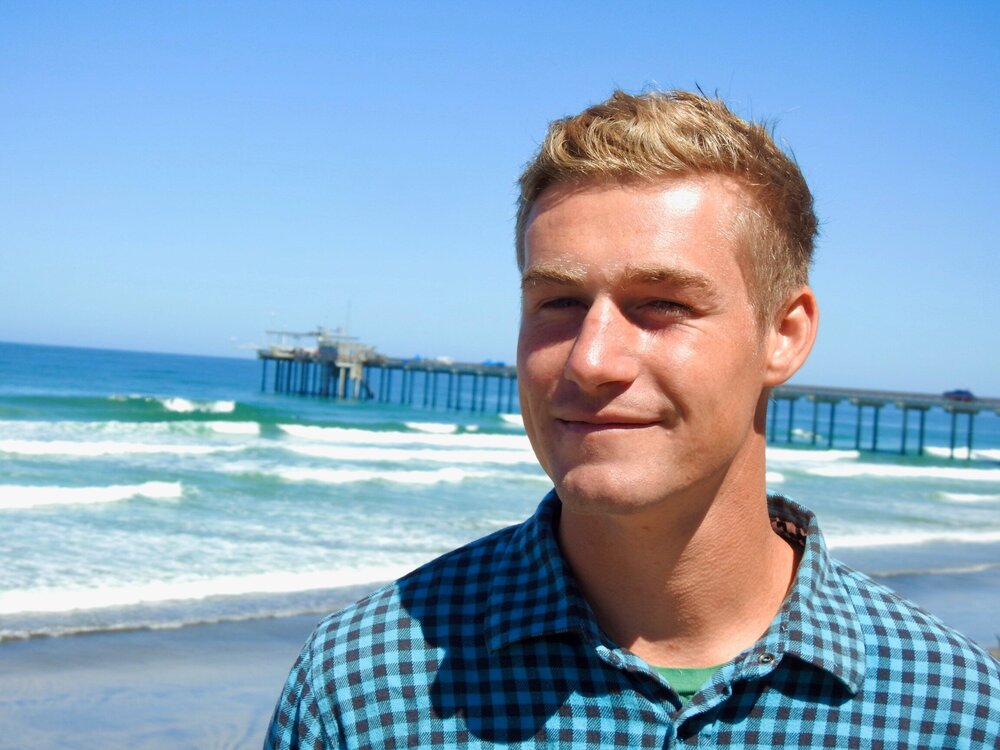
Ian Stokes
Title: Wave-slope soaring of the Brown Pelican
Abstract: From the laboratory at Scripps Institution of Oceanography, it is common to see the brown pelican (Pelecanus occidentalis) traveling along the crests of ocean waves just offshore of the surf-zone. When flying in this manner, the birds can travel long distances without flapping, centimeters above the ocean’s surface. Here we derive a theoretical framework for assessing the energetic savings related to this behavior, ‘wave-slope soaring,’ in which an organism in flight takes advantage of localized updrafts caused by traveling ocean surface gravity waves. The energy cost of steady, constant altitude flight in and out of ground effect are analyzed as controls. Potential flow theory is used to quantify the ocean wave-induced wind associated with near-shoaling, weakly nonlinear, shallow water ocean surface gravity waves moving through an atmosphere initially at rest. For ground effect flight, we calculate a ∼15 - 25% reduction in cost of transport as compared with steady, level flight out of ground effect. When wave-slope soaring is employed at flight heights ∼2m in typical ocean conditions (2m wave height, 15s period), we calculate 60-70% reduction in cost of transport as compared with flight in ground effect. A relatively small increase in swell amplitude or decrease in flight height allows up to 100% of the cost of transport to be offset by wave-slope soaring behavior. In summary, the theoretical development presented here suggests that brown pelicans may significantly decrease their cost of transport utilizing this mode of flight under typical ocean conditions. Thus wave-slope soaring may provide fitness benefit to these highly mobile organisms that depend on patchy prey distribution over large home ranges.
Bio: Ian is a third-year Ph.D. student in the MAE Fluid Dynamics program at UCSD working in the Multiscale Ocean Dynamics (MOD) group, advised by Drew Lucas. He received his bachelor’s degree in physics from UCSB. For a few years, Ian worked as a electrical/mechanical engineer, building custom electric pianos for clients in the greater LA area by day, and as a math and physics tutor by night while living off-grid in a work-stay arrangement as a ranch hand. He returned to school at UCSD where he received his Master’s degree in Fluid Dynamics before continuing on as a Ph.D. student with MOD. His research includes theoretical and numerical studies of near-inertial internal waves, along with novel instrumentation in the field using fiber optics for distributed temperature sensing in oceanographic applications. Contact: istokes@eng.ucsd.edu




